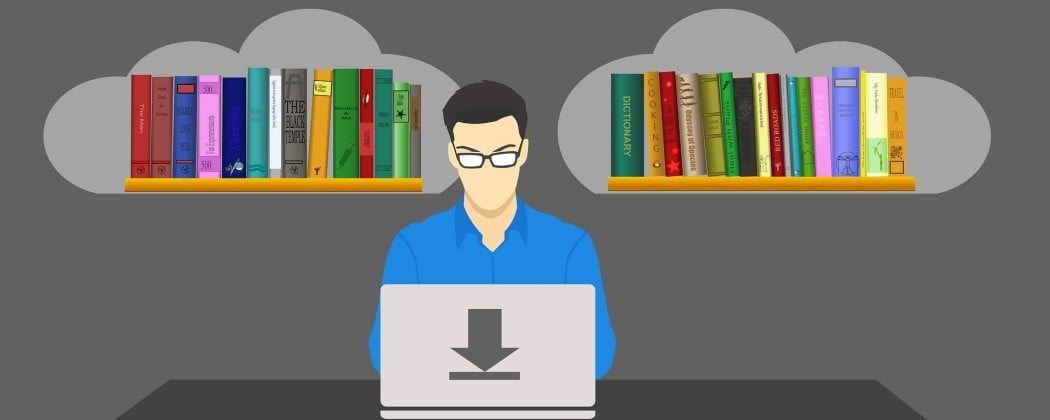This month
- Eliminating barriers for victims
- Exclusion from refugee status
- Starvation as war crime
Eliminating barriers for victims
On 26 October 2020 FIDH, ECCHR and Redress released “Breaking Down Barriers: Access to Justice in Europe for Victims of International Crimes”. This report analyses the situation of victims of war crimes, crimes against humanity, genocide, torture and enforced disappearance.
It highlights important advances in recent years, but concludes that victims still face many barriers that limit the exercise of their rights and prevent them from effectively participating in proceedings. Building on emerging best practices in Belgium, France, Germany, The Netherlands and Sweden, the report provides a roadmap for improving victims’ access to information, protection and support.
Faced with perpetrators of serious international crimes attempting to escape justice within the European Union (EU), as well the complicity of EU nationals in such crimes, the EU has made the fight against impunity one of its priorities. As a result, a number of member states have created specialised units to identify, investigate and prosecute potential perpetrators of these crimes. Many such units have also taken steps to address the rights and needs of victims of these crimes.
Yet, still victims of serious international crimes are often left behind. They still face many barriers that limit the exercise of their rights to information, effective participation, protection and psycho-social support, as well as reparation.
“More must be done to ensure victims can exercise their rights and actively participate in proceedings”.
Barriers to exercising victims’ rights often reflect the inherent difficulties in investigating and prosecuting international crimes at the domestic level. In particular, providing protection to victims who continue to live in conflict areas or situations of ongoing insecurity is challenging. But other barriers stem from failures by EU member states to implement their obligations, or from specific policy decisions that effectively restrict access to certain rights in such cases.
The findings and recommendations are of broad relevance: both useful to other countries investigating and prosecuting international crimes, as well as policy makers working to implement the EU’s victims rights strategy, a five-year plan adopted in June 2020.
Exclusion from refugee status
International protection is provided to victims that seek justice and not to perpetrators that flee justice. For this reason perpetrators that are responsible for refugee flows “shall be” excluded from refugee status.
The European Asylum Support Office has published the second edition of its judicial analysis on exclusion (article 1F of the Refugee Convention and articles 12 and 17 of the European Qualification Directive). In addition, it has published a “compilation of jurisprudence” on exclusion.
Starvation
New Zealand is the first state that ratified the Rome Statute amendment extending the application of starvation as a war crime to non-international armed conflicts (NIAC). The amendment signals clearly that the use of starvation as a method of warfare in any conflict shall not be met with impunity.
The new war crime will apply only to members of the International Criminal Court that choose to ratify the starvation amendment, and only then one year after ratification.




